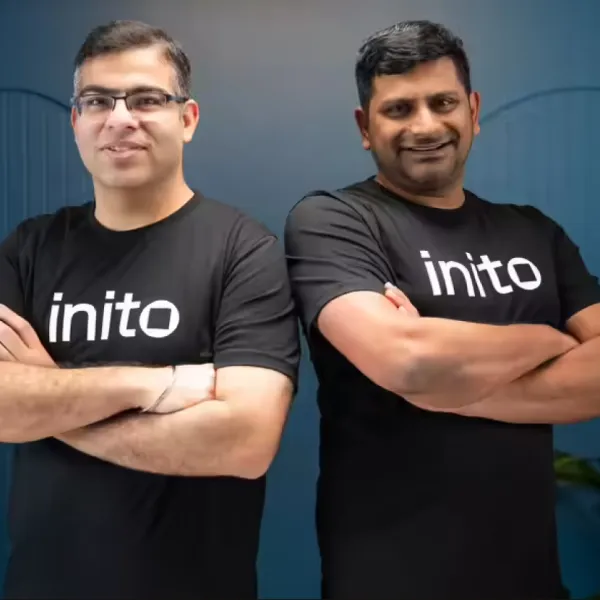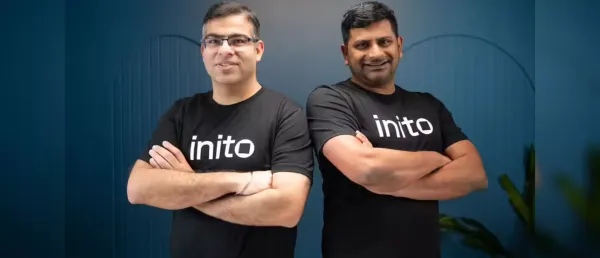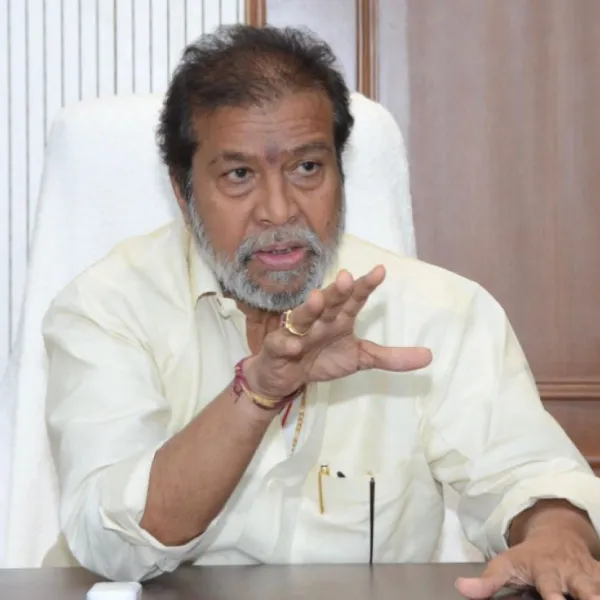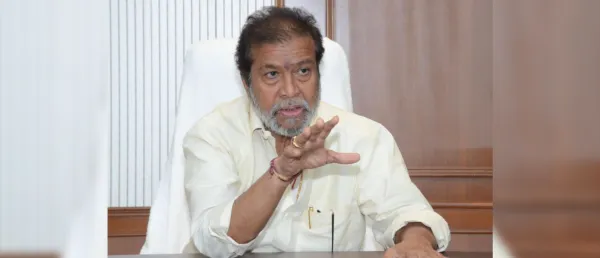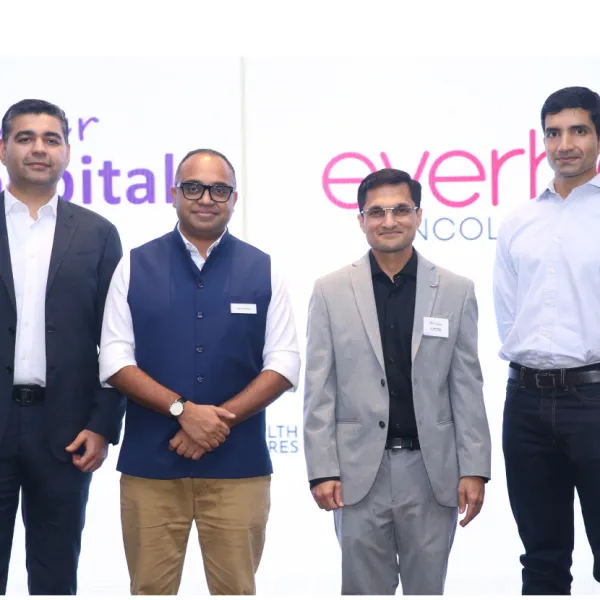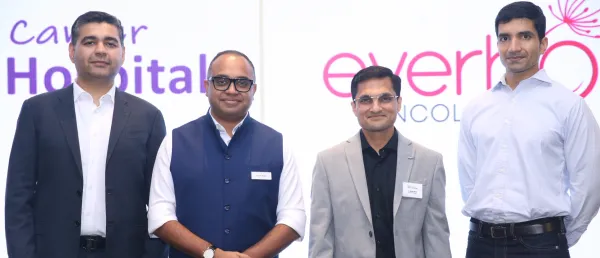PM-JAY Largest Health Assurance Scheme in the World’: MoS SP Singh Baghel

Minister Baghel proposed a discussion with public and private Ayushman-empaneled hospital executives to comprehend the challenges faced under the Ayushman Yojana. He further refused any privacy concerns associated with the ABHA ID.
SP Singh Baghel, Minister of State, Health & Family Welfare, emphasised the role of making healthcare accessible to all. In his speech, he addressed that the government is focused on preventive care and holistic wellness.
At the 20th CII Health Summit, emphasising the Prime Minister's vision for e-healthcare accessible to all citizens, he underscored the pivotal role of budget allocation. He said, in the FY23-24 Union Budget, INR 155 Cr was allocated to healthcare which is an increase of 13% from last year.
Moreover, the minister addressed the prevalent issue of citizens choosing doctors based on affordability, often because of their inability to complete medication courses, which, according to him, makes the Ayushman Yojana a game-changer.
He referred to it as the most successful healthcare initiative after independence, with issuance of 28 Cr Ayushman Health Card. Further, he also mentioned Ayushman Bharat's health infrastructure that integrates AI and data analysis for preventive care, adopting a holistic approach.
"Through technology, we can reach people from hard-to-reach areas. The health sector should focus on quality care, and this we can achieve through innovation. Ayushman Bharat Pradhan Mantri Jan Arogya Yojana (ABPM-JAY) is a flagship scheme of the Government of India. PM-JAY is the largest health assurance scheme in the world and aims to provide a health cover of Rs 5 lakh per family per year," Baghel said.
The Minister highlighted the e-sanjeevani initiative, catering to over 18 Cr people, demonstrating the efficacy of telemedicine in remote areas.
At the event, Minister Baghel proposed a discussion with public and private Ayushman-empaneled hospital executives to comprehend the challenges faced under the Ayushman Yojana. The aim is to suggest improvements in payment packages, fostering collaboration, among others to enhance facilities. He further refused any privacy concerns associated with the ABHA ID.
Thereby, he mentioned several successful government of India health initiatives including the launch of the National Medical College Mission (MNCM) which sought to establish 50 medical colleges for e-education. This initiative is part of the government’s efforts to improve access to quality medical education and healthcare across the country.
He also mentioned that the government has successfully established three COEs for AI in AIIMS Delhi, AIIMS Rishikesh and PGIMER Chandigarh.
Addressing specific health targets, the government aims to eradicate anaemia within a targeted time frame. Mental health programs and the National Digital Health Ecosystem are crucial components of India's healthcare strategy.
The summit, themed "R.A.I.S.E. HEALTHCARE - Responsible, Accessible, Innovative, Sustainable, Equitable," convened thought leaders, policymakers, and industry experts. Focused on interesting deliberation. It addressed critical healthcare challenges in India and globally. The goal was to propose innovative solutions for enhanced patient outcomes and experiences.
Stay tuned for more such updates on Digital Health News







